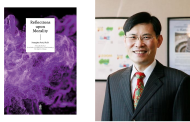Professor Seungho Lee, affiliated with the Department of Design and the Graduate School of Carbon Neutrality at UNIST, has been awarded the Ulsan Mayor’s Commendation Award for his exemplary work in launching and revitalizing the UlsanCup initiative. His efforts have led to a significant reduction of 11,590 disposable cups used over a span of approximately ten months within the Ulsan Metropolitan City Hall and UNIST campuses.
A key highlight of Professor Lee’s initiative was the development of the world’s first life cycle assessment (LCA) website specifically designed for multiple-use drinking cups. This innovative platform, created in collaboration with a team, led by Professor Hankwon Lim from the Graduate School of Carbon Neutrality and the School of Energy and Chemical Engineering at UNIST, enables users to assess the environmental footprint of these cups, while also helping the general public to better understand and evaluate the disposable waste and predict carbon dioxide emissions.
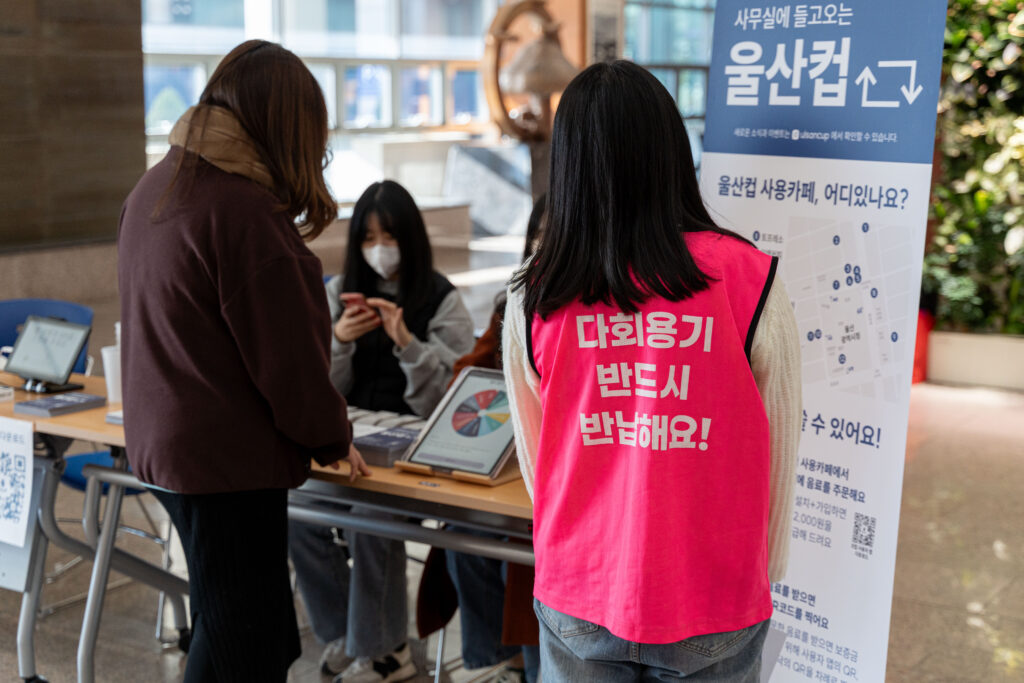
The launch of the UlsanCup project in 2023.
The UlsanCup was initially introduced near Ulsan Metropolitan City Hall in December 2022 and expanded to UNIST in April 2023. Notably, it boasts an impressive recovery rate exceeding 90% through a straightforward return system, making it both economical and practical, as it does not require expensive return equipment.
To enhance user convenience, the research team has refined the QR scanner cover and improved the user interface of the return app. Additionally, they have identified practical and innovative service concepts, such as ‘Group deposit‘ and ‘Collection Incentive,’ and are currently pursuing a patent for these ideas.
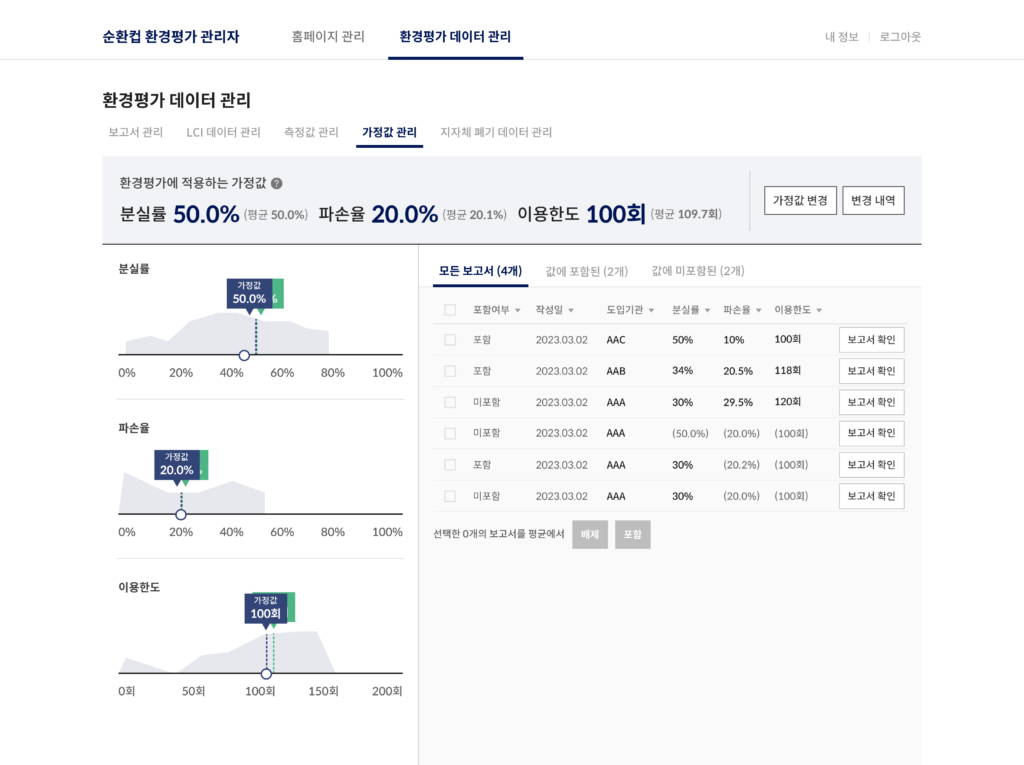
An image, capturing the life cycle assessment (LCA) website specifically designed for multiple-use drinking cups.
The LCA website is publicly accessible on the official website of Ulsan Metropolitan City (https://www.ulsan.go.kr/lca/), allowing users to evaluate environmental impact effortlessly. Users can input details such as material type, weight, recovery rate, and washing energy consumption to calculate carbon emissions and waste generation, establishing it as a user-friendly tool for measuring environmental effects.
This website also plays a crucial role in shaping Ulsan Metropolitan City’s multiple-use cup policy. Through data analysis, officials can assess the feasibility of adding new locations or increasing user participation. An official from Ulsan Metropolitan City stated, “The UlsanCup will be managed according to detailed plans aimed at scientifically reducing carbon emissions and waste.”
The research team has made their analysis algorithm open source on the aforementioned website, providing an opportunity for other researchers to further develop and expand the algorithm.
“There are environmental consulting firms that conduct comprehensive evaluations, yet it is rare for them to disclose their algorithms,” remarked Professor Hankwon Lim. “This transparency exemplifies UNIST’s commitment to the spirit of ‘First in Change,’ prioritizing the creation and sharing of knowledge.”
Professor Seungho Lee emphasized, “The UlsanCup Project offers a scientific solution to the challenges of carbon emissions and waste management grounded in empirical data. UNIST is dedicated to propagating sustainable environmental technologies and resource circulation systems in the global market.”
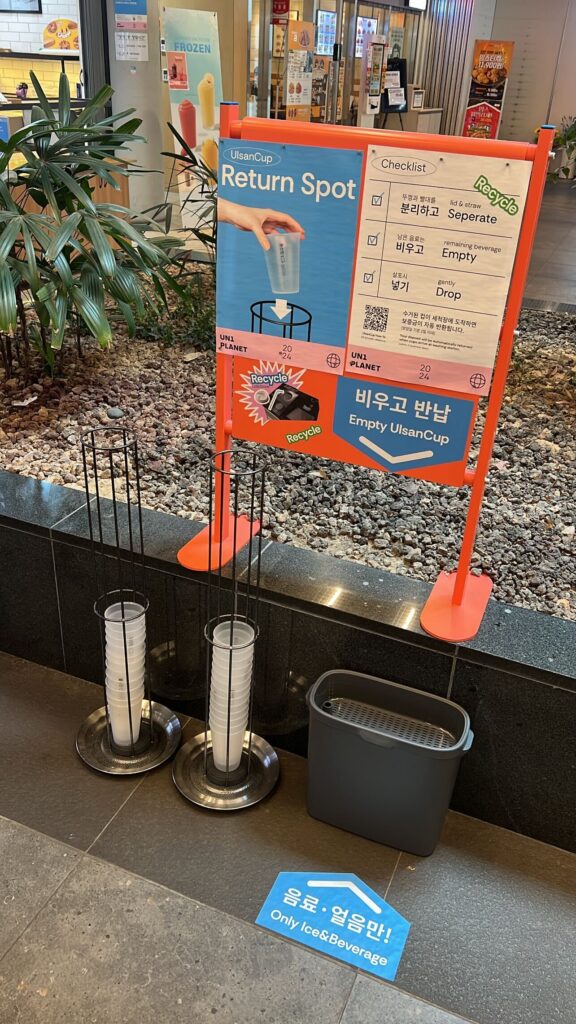
The temporary return station for UlsanCup installed at UNIST has recorded a recovery rate of over 90%.
This research initiative is part of the ‘Project Utilizing Science and Technology for Local Community Problem-Solving,’ co-supported by the Ministry of Science and ICT (MSIT) and the Ministry of Interior and Safety (MOIS) in 2023. The project has garnered attention as the Living Lab Research Project, aimed at improving citizens’ daily lives through science and technology, with funding provided by the MSIT in collaboration with local governments.


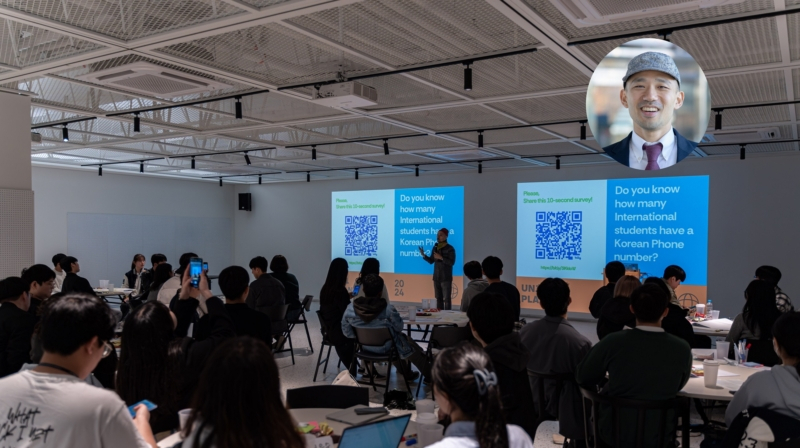








![[2026 UNIST Matriculation] “Design Questions the World Has Never Seen!”](https://news.unist.ac.kr/wp-content/uploads/2026/02/사진-박종래-UNIST-총장이-2026년-입학식사를-전하고-있다-1-1-190x122.jpg)
![[2026 UNIST Commencement] “Become Way Makers Who Open Paths Where None Are Drawn!”](https://news.unist.ac.kr/wp-content/uploads/2026/02/사진-박종래-총장이-UNIST-학위수여식사를-전하고-있다-3-1-190x122.jpg)
![[2026 UNIST Commencement] Voices of Class of 2026](https://news.unist.ac.kr/wp-content/uploads/2026/02/Untitled1-190x122.jpg)
